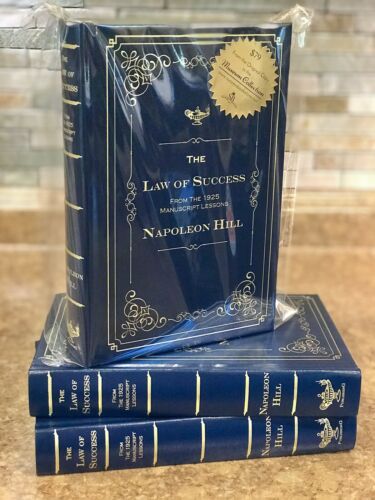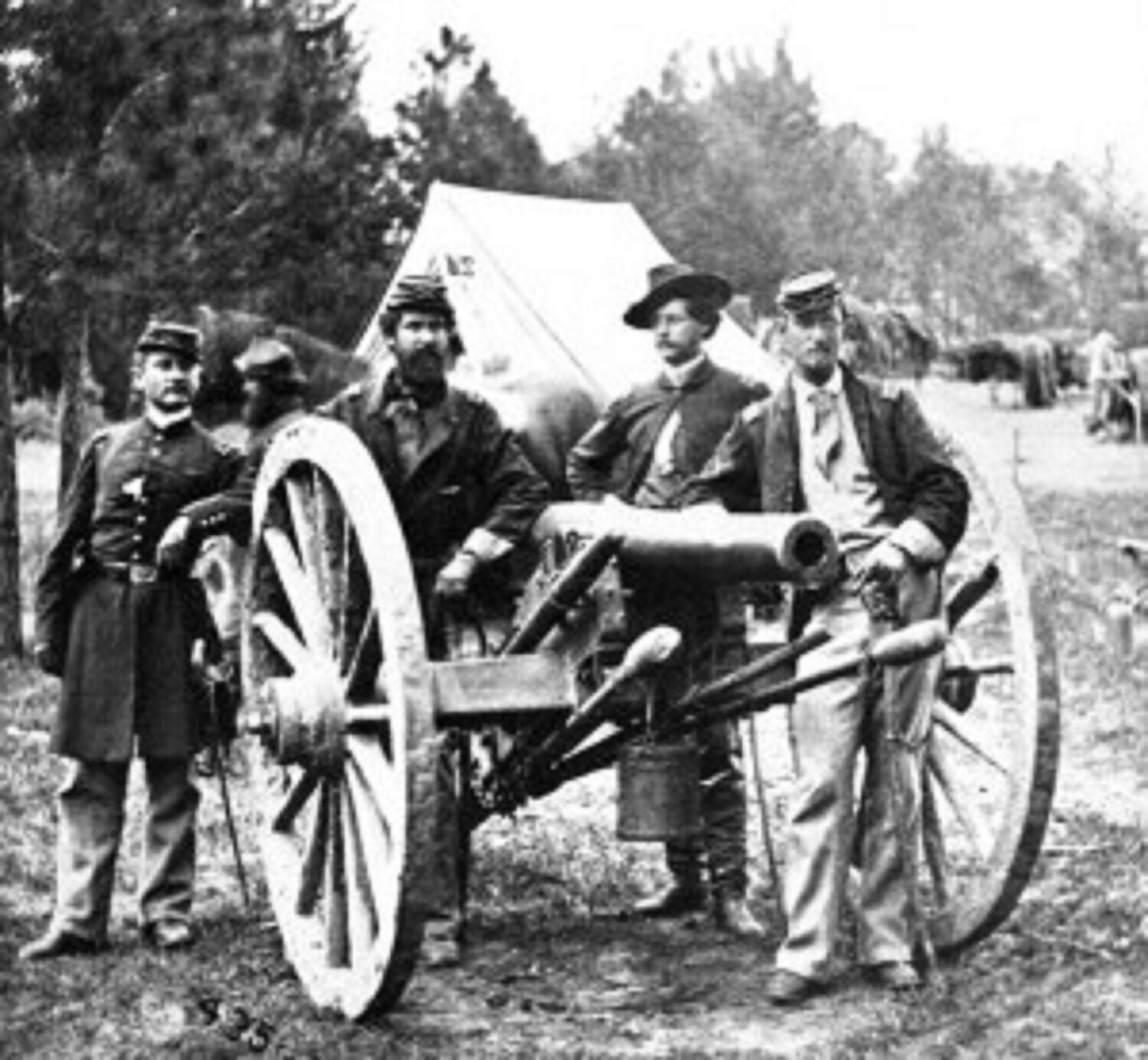-40%
1856 Crime Against Kansas Charles Sumner Senate Speech Pamphlet Slavery Canning
$ 39.6
- Description
- Size Guide
Description
This is an original antique 1856 pamphlet containing the famous “The Crime Against Kansas” Senate speech by Charles Sumner of Massachusetts. This speech so outraged South Carolina Congressional Representative Preston Brooks that two days later Brooks accosted Sumner in the Senate Chamber and beat him half to death in the incident later referred to as “The Canning of Charles Sumner”. The front cover page of the pamphlet reads:THE CRIME AGAINST KANSAS. THE APOLGIES FOR THE CRIME. THE TRUE REMEDY. – SPEECH OF HON. CHARLES SUMNER. IN THE SENATE OF THE UNITED STATES, 19TH and 20th May, 1856 – Washington, D.C. Buell & Blanchard, Printers. 1856
This pamphlet is 32 pages measuring about 5-7/8” x 9”. This pamphlet was removed from a bound volume and is fully complete and well intact with light wear and some toning from age. Overall condition is very good for this antique original first printing of one of the most consequential Senate speeches that set the United States on course that ultimately led to the Civil War.
The following is some information on the speech and Preston Brooks subsequent canning of Sumner from Wikipedia:
In 1856, during the "Bleeding Kansas" crisis, Sumner denounced the Kansas–Nebraska Act, and he continued this attack in his "Crime against Kansas" speech on May 19 and 20. The long speech argued for the immediate admission of Kansas as a free state, and went on to denounce the "Slave Power"—the political arm of the slave owners. Their goal, he alleged, was to spread slavery through the free states that had made it illegal.[24] The motivation of the Slave Power, he said, was to rape a virgin territory:
Not in any common lust for power did this uncommon tragedy have its origin. It is the rape of a virgin Territory, compelling it to the hateful embrace of slavery; and it may be clearly traced to a depraved desire for a new Slave State, hideous offspring of such a crime, in the hope of adding to the power of slavery in the National Government.[25]
Afterwards, Sumner verbally attacked authors of the Act, Democratic Senators Stephen A. Douglas of Illinois and Andrew Butler of South Carolina. He said:
The senator from South Carolina has read many books of chivalry, and believes himself a chivalrous knight with sentiments of honor and courage. Of course he has chosen a mistress to whom he has made his vows, and who, though ugly to others, is always lovely to him; though polluted in the sight of the world, is chaste in his sight—I mean the harlot, slavery. For her his tongue is always profuse in words. Let her be impeached in character, or any proposition made to shut her out from the extension of her wantonness, and no extravagance of manner or hardihood of assertion is then too great for this senator.
According to Hoffer (2010), "It is also important to note the sexual imagery that recurred throughout the oration, which was neither accidental nor without precedent. Abolitionists routinely accused slaveholders of maintaining slavery so that they could engage in forcible sexual relations with their slaves."[26] Sumner also attacked the honor of South Carolina, having alluded in his speech that the history of the state be "blotted out of existence…"[27] Douglas said to a colleague during the speech that "this damn fool Sumner is going to get himself shot by some other damn fool."
Representative Preston Brooks, Butler's first cousin once removed,[28][29] was infuriated.[30] He later said that he intended to challenge Sumner to a duel, and consulted on dueling etiquette with fellow South Carolina Representative Laurence M. Keitt, also a pro-slavery Democrat. Keitt told him that dueling was for gentlemen of equal social standing, and that Sumner was no better than a drunkard, due to the supposedly coarse language he had used during his speech. Brooks said that he concluded that since Sumner was no gentleman, it would be more appropriate to beat him with his cane.
The walking cane used to attack Charles Sumner on exhibit at the Old State House in Boston
Two days later, on the afternoon of May 22, Brooks confronted Sumner as he sat writing at his desk in the almost empty Senate chamber: "Mr. Sumner, I have read your speech twice over carefully. It is a libel on South Carolina, and Mr. Butler, who is a relative of mine." As Sumner began to stand up, Brooks beat Sumner severely on the head before he could reach his feet, using a thick gutta-percha cane with a gold head. Sumner was knocked down and trapped under the heavy desk, which was bolted to the floor, but Brooks continued to strike Sumner until Sumner ripped the desk from the floor. By this time, Sumner was blinded by his own blood, and he staggered up the aisle and collapsed, lapsing into unconsciousness. Brooks beat the motionless Sumner until his cane broke, at which point he continued to strike Sumner with the remaining piece.[31] Several other Senators attempted to help Sumner, but were blocked by Keitt, who brandished a pistol and shouted, "Let them be!"[8]:293
The episode revealed the polarization in America, as Sumner became a martyr in the North and Brooks a hero in the South. Northerners were outraged. The Cincinnati Gazette said, "The South cannot tolerate free speech anywhere, and would stifle it in Washington with the bludgeon and the bowie-knife, as they are now trying to stifle it in Kansas by massacre, rapine, and murder."[32] William Cullen Bryant of the New York Evening Post, asked, "Has it come to this, that we must speak with bated breath in the presence of our Southern masters?… Are we to be chastised as they chastise their slaves? Are we too, slaves, slaves for life, a target for their brutal blows, when we do not comport ourselves to please them?"[33]
The outrage in the North was loud and strong. Thousands attended rallies in support of Sumner in Boston, Albany, Cleveland, Detroit, New Haven, New York, and Providence. More than a million copies of Sumner's speech were distributed. Two weeks after the caning, Ralph Waldo Emerson described the divide the incident represented: "I do not see how a barbarous community and a civilized community can constitute one state. I think we must get rid of slavery, or we must get rid of freedom."[34] Conversely, Brooks was praised by Southern newspapers. The Richmond Enquirer editorialized that Sumner should be caned "every morning," praising the attack as "good in conception, better in execution, and best of all in consequences" and denounced "these vulgar abolitionists in the Senate" who "have been suffered to run too long without collars. They must be lashed into submission." Southerners sent Brooks hundreds of new canes in endorsement of his assault. One was inscribed "Hit him again." Southern lawmakers made rings out of the cane's remains, which they wore on neck chains to show their solidarity with Brooks.[35] Brooks was remembered in Brooksville, Florida, Brooksville, Virginia, and Brooks County, Georgia.
Historian William Gienapp has concluded that Brooks' "assault was of critical importance in transforming the struggling Republican party into a major political force."[36]
Theological and legal scholar William R. Long characterized the speech as "a most rebarbative and vituperative speech on the Senate floor," which "flows with Latin quotations and references to English and Roman history." In his eyes, the speech was "a gauntlet thrown down, a challenge to the ‘Slave Power’ to admit once and for all that it were encircling the free states with their tentacular grip and gradually siphoning off the breath of democracy-loving citizens.
Payment Terms
Winning bidders will receive an email at the end of the auction explaining the option for paying with Paypal. If you have questions about how to pay for this item please let me know. If you made multiple purchases for a single shipment contact us for combined shipping charges which will normally be less than the amount shown on Paypal invoice. You will receive an email notifying you when your item ships. Buyers outside the USA, please provide a telephone number for customs forms.
Shipping Terms
Please click on the Shipping & Payment tab above to access the eBay shipping calculator which will give you the options and costs for shipping your item depending on your zip code or country. All items are professionally packed and well protected for shipment. All paper items are shipped in a plastic archival sleeve with rigid backing and marked "DO NOT BEND". If you have special shipping instructions please let us know and we'll try to comply. If you win multiple items and want them shipped together please contact us for a revised PayPal invoice. All shipments within the USA are sent with Delivery Confirmation. Buyers outside the USA please provide your phone number with payment so that we may include this on the customs forms. We are not able to declare items as "gifts", misrepresent the contents or value or otherwise falsify customs forms. Media Mail is a cheaper shipping option for some items such as books. Please be aware that Media Mail can take up to 21 days and that items which do not qualify for Media Mail such as magazines can not be sent by Media Mail. Buyers will receive an email notification at the end of the auction and when the item ships. If you have any questions please feel free to contact us. We strive for 100% buyer satisfaction in all transactions.













